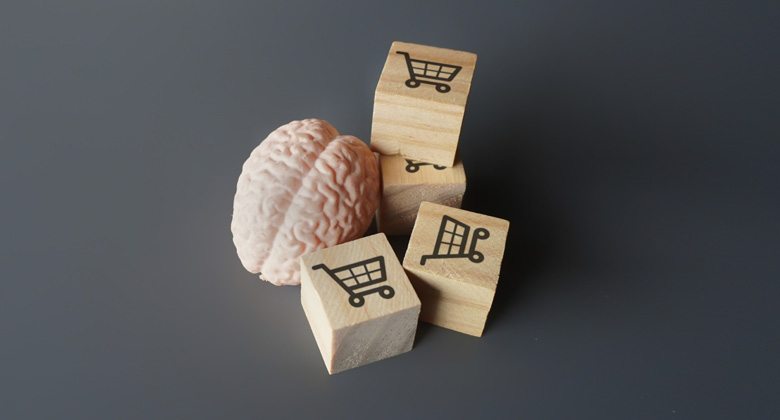Last week we’ve talked about fierce World Cup marketing battles between big names, like Nike and Adidas. But how do brands market on generic fans, a.k.a., less sporty people?
Coca Cola, the official sponsor, has taken a slightly different marketing approach.
‘’It celebrates soccer as a force for social good.’’, according to the Marketing Week.
Its real-time marketing will be targeted at the right audience on the right platforms at the right time.
‘One World, One Game’
“Through ‘The World’s Cup’ campaign, Coca-Cola wants to celebrate real people playing football, demonstrating how the game is a force for a more inclusive and connected world.’’ says the chief marketing of Coca Cola.
On the other hand, Pepsi used a bit of help from Messi and other superstars.
Pepsi capitalised on the art and music of Rio’s backstreets, featuring football stars, Janelle Monae’s version of David Bowie’s Heroes. Something tells me that it’s just unnatural by jamming everything into 2-minute video.
Personally I think Pepsi’s old World Cup ads were more impactful, like this one.
(2002 Pepsi Commercial – World Cup Challenge. See Foxsoccer)
Coke, on the other hand, was more aware of political and social controversies amid anti-World Cup protests in Brazil. As a brand, you don’t want to get any political backlash (remember the unfortunate case of McDonald’s and gay activists during the Sochi Olympics?). Coke has indeed made its marketing campaign more relatable and grounded to the ground.
Taking football more seriously?
Then beer must be the ultimate football drink for you.
Apparently football is a legitimate religion in Brazil, thanks to Foca beer. Its marketing plan involved hiring a lawyer and using ‘’the freedom to religion’’ argument to register football as one of the nationally recognised religions in Brazil (Activative). Now, employees have the right to leave work to ‘practice their belief’, in this case, to go to see the kick-off. A good attempt, Foca beer.
You can even get an official letter stating your right to leave work and send it to your employer via email, using the campaign website.
But Foca beer hasn’t found a solution to the cold look you will likely to gain from your colleagues by doing so.
Budweiser’s digital campaigns is much more elaborate than any of them. As an official sponsor, it is winning the hearts of football and beer fans by developing apps (Budweiser finder) and specifically tailored content and hashtags for each social platform (see AdWeek). Read here all the details about the launching of Budweiser’s ‘‘Rise as One’’ campaign.
In addition, Budweiser will use of Twitter Cards to engage the fans during the games, where they are invited to ‘‘vote for their favourite football players’’ on FIFA Man of the Match. And the winning players will be awarded after each match.
Brand engagement during the real-time marketing will be the focus of the World Cup this year. So everything is happening during the tournaments. And the brand that rules real-time digital engagement will win this battle.
What do you think?
Appnova is a digital agency specializing in web design, UX, e-commerce, branding, digital marketing and social media.
Keep following us on Twitter @appnova and “like” us on Facebook for useful news and tasteful digressions about geeky stuff.








0.Comments